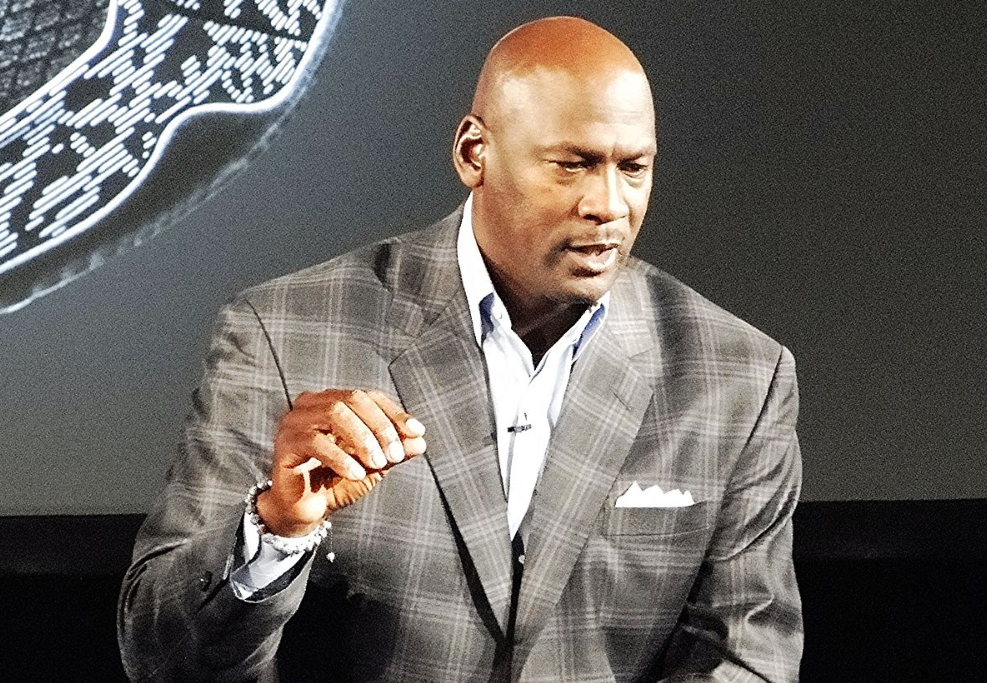Emma Watson’s concept of being “self-partnered,” which she introduced in 2019, has resonated with many who feel societal pressure to meet traditional milestones, such as marriage or starting a family by a certain age. Watson initially coined the term during an interview with Vogue, where she discussed the anxiety of turning 30 without hitting those expected life achievements. She later explained that embracing the term helped her realize she could be content being single and focus on her own growth and well-being.

Experts have since weighed in on the benefits of being self-partnered, highlighting that it allows individuals to work on self-love, understand their needs, and establish confidence in their relationship choices. According to coach Joshua Ludlam, being self-partnered helped him recognize his flaws and insecurities, enabling him to end relationships that weren’t fulfilling. He explained that this time of self-reflection and growth made him more prepared for meaningful connections.
The idea of being self-partnered emphasizes the importance of self-care, self-understanding, and personal growth, free from the pressures of societal expectations. By taking time for oneself, people can develop a clearer sense of what they want in relationships and in life, leading to more fulfilling connections down the line. This mindset can help combat the feelings of “existential dread” that come with approaching milestones like turning 30 without having achieved the traditional markers of success.
Ultimately, Watson’s self-partnered philosophy highlights the need for individuals to define their own happiness, whether they are in a relationship or not. It encourages people to find contentment within themselves, rather than constantly seeking validation through external milestones or relationships.




